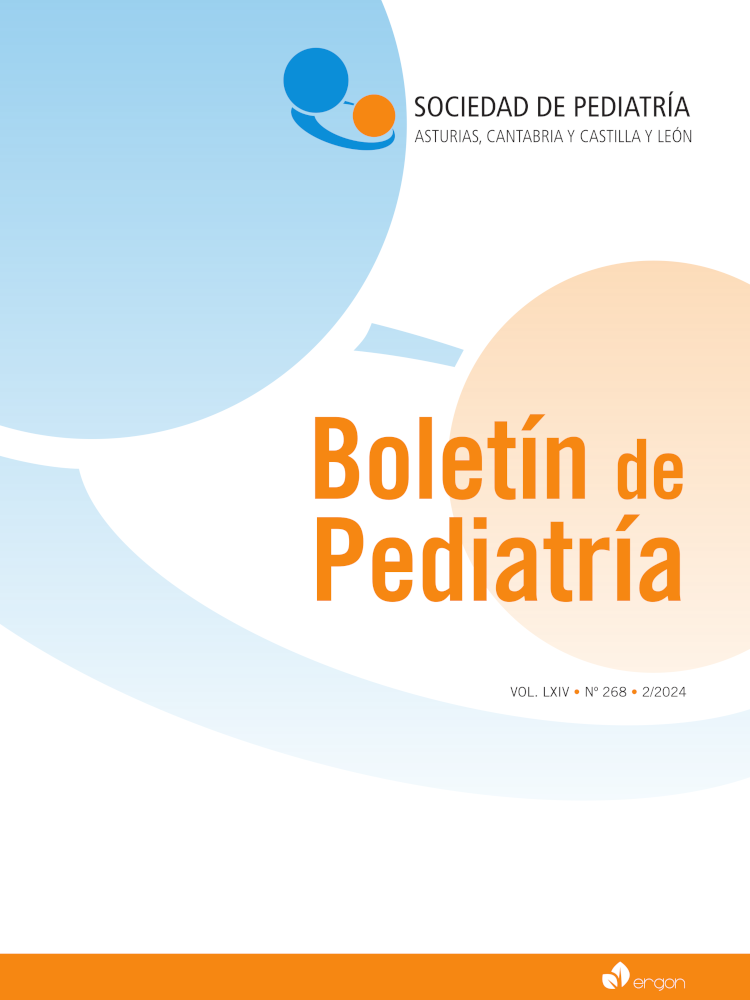Abstract
The development of training programs for healthcare professionals has evolved over the years, in which clinical simulation has represented an important change. Various factors have triggered the development of “on-site” activities that allow professionals to access these types of activities during their workday to increase the realism of the activity through the use of their facilities. This type of training has improved the clinical and non-clinical competencies, knowledge and skills of healthcare workers. In our hospital, the #JUEVESDECRÍTICOS project, since 2017 and 258 training sessions in 6 years, provides the benefits of simulation in emergency situations for real teams. The experience in our emergency department has been satisfactory, obtaining a very positive response from the participants and an improvement in their healthcare activity. The weekly maintenance of activities and the repetition of cases guarantees that all professionals contact with the simulations and receive adequate training, allowing positive changes in quality and clinical safety.
References
Urgencias Pediátricas. En: Asociación Española de Pediatría, editor. Libro blanco de las Especialidades Pediátricas 2021. Lúa Ediciones 3.0.; 2022. p. 993-1084.
Muñoz-Santanach D. Simulación en los Servicios de Emergencias. Emerg Pediatr. 2022; 1(3): 171-7.
Weinberg ER, Auerbach MA, Shah NB. El uso de la simulación para el entrenamiento y la evaluación pediátricas. Curr Opin Pediatr. 2009; 21(3): 282-7. https://doi.org/10.1097/MOP.0b013e32832b32dc
Waseem M, Horsley E. A Novice guide to applications of simulation in the Pediatric Emergency Department. Pediatr Emerg Care. 2020; 36(6): e362-7. https://doi.org/10.1097/PEC.0000000000001643
Grant VJ, Robinson T, Catena H, Eppich W, Cheng A. Difficult debriefing situations: A toolbox for simulation educators. Med Teach. 2018; 40(7): 703-12. https://doi.org/10.1080/0142159X.2018.1468558
Walsh BM, Wong AH, Ray JM, Frallicciardi A, Nowicki T, Medzon R, et al. Practice makes perfect: Simulation in Emergency Medicine risk management. Emerg Med Clin North Am. 2020; 38(2): 363-82. https://doi.org/10.1016/j.emc.2020.02.003
Ruza Tarrío FJ, de la Oliva Senovilla P. La simulación en Pediatría: revolución en la formación pediátrica y garantía para la calidad asistencial. An Pediatr (Barc). 2010; 73(1): 1-4. https://doi.org/10.1016/j.anpedi.2010.04.011
Große Lordemann A, Sommerfeldt D, Mileder L. Latente Sicherheitsmängel in einer pädiatrischen Notaufnahme: Testung eines neuen Schockraumkonzepts mithilfe von In-situ-Simulation [Latent safety threats in a pediatric emergency department: Using in situ simulation to test a new trauma room concept]. Z Evid Fortbild Qual Gesundhwes. 2024; 187: 15-21. https://doi.org/10.1016/j.zefq.2024.03.005
Barni S, Mori F, Giovannini M, de Luca M, Novembre E. In situ simulation in the management of anaphylaxis in a pediatric emergency department. Intern Emerg Med. 2019; 14(1): 127- 32. https://doi.org/10.1007/s11739-018-1891-1
Waddell K, Gaither SL, Rockwell N, Tofil NM, Rutledge C. The impact of a multifaceted simulation education and feedback program for Community Emergency Departments on pediatric diabetic ketoacidosis management. Pediatr Emerg Care. 2023; 39(6): 413-7. https://doi.org/10.1097/PEC.0000000000002961
Schwartze JT, Das S, Suggitt D, Baxter J, Tunstall S, Ronan N, et al. Ward-based in situ simulation: lessons learnt from a UK District General Hospital. BMJ Open Qual. 2024; 13(2): e002571. https://doi.org/10.1136/bmjoq-2023-002571
Cabero MJ, Guerra JL, Gaite L, Prellezo S, Pulido P, Álvarez L. La experiencia de implantar la norma ISO 9001:2015 para certificar una unidad hospitalaria de urgencias pediátricas. J Healthc Qual Res. 2018; 33(4): 187-92. https://doi.org/10.1016/j.jhqr.2018.02.005
Guerra Diez JL, Peñalba Citores AC, Leonardo Cabello MT, López Fernández C, Cabero Pérez MJ. Sistema de entrenamiento de equipos reales de urgencias de Pediatría: proyecto #Juevesde- Críticos. J Healthc Qual Res. 2021; 36(2): 116-7. https://doi.org/10.1016/j.jhqr.2020.09.007
Spencer R, Sen AI, Kessler DO, Salabay K, Compagnone T, Zhang Y, et al. Critical event checklists for simulated in-hospital dysrhythmias in children with heart disease. Pediatr Cardiol. 2024 [En prensa]. https://doi.org/10.1007/s00246-024-03564-z
Lomez J, Rodríguez MB, Rigou S, Rojas S, Torterola P, Fortini Cabarcos N, et al. Airway management during a respiratory arrest in a clinical simulation scenario. Experience at a pediatric residency program. Arch Argent Pediatr. 2024; 122(2): e202310172. https://doi.org/10.5546/aap.2023-10172.eng

This work is licensed under a Creative Commons Attribution-NonCommercial 4.0 International License.
Copyright (c) 2024 Boletín de Pediatría
